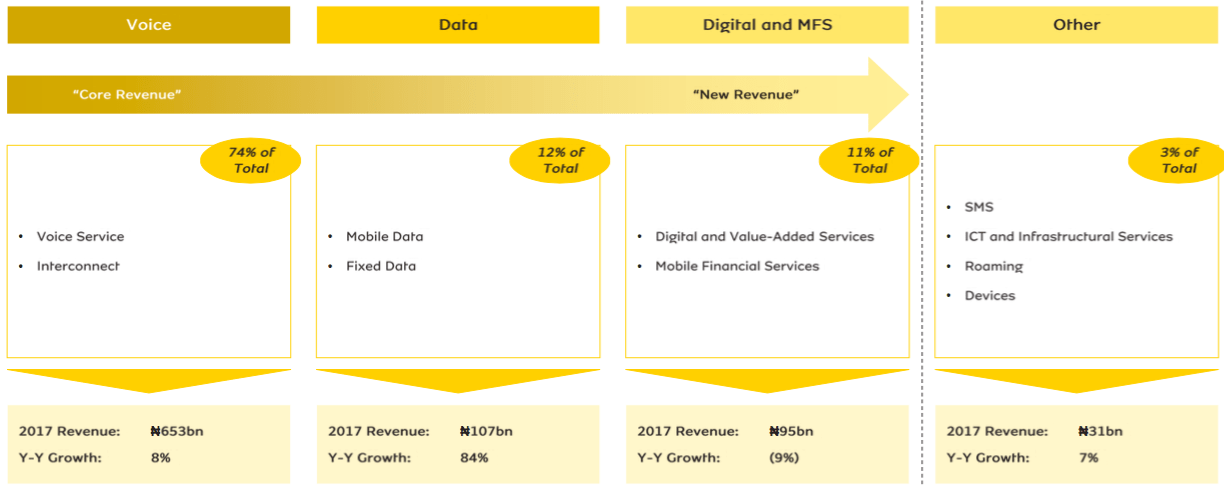One of the most wonderful things about the Internet is that you can make voice or video calls, send SMS without expending your mobile airtime. All one has to rely on it just an active Internet subscription.
But in spite of the fact that an active data plan is required to use Over-the-Top (OTT) services, telecom operators (telcos) still see these services as a threat to their survival.
Suggested Read: Nigerians spent ₦3.2 trillion on airtime in 2017 but telcos are still worried
Just recently, there was a call by the Association of Telecommunications Operators of Nigeria (ALTON) on the government to have OTT services licensed and regulated in the country.
How would the regulation affect you as a consumer? Will it favour you or not? Let’s explore the reasons why you should be mindful of the regulation of OTT services.
What are OTT applications and services?
OTT applications allow users to send and receive media of all kinds over the Internet. Content that can be exchanged over these platforms include audio, video, and other media content, and they are delivered over the Internet without the involvement of ISPs or telcos in the control or distribution of the content.
Examples of OTT services providers are WhatsApp, Facebook Messenger, Skype, iROKOtv among others.
What does it mean to regulate OTT services?
According to ALTON Chairman, Gbenga Adebayo, regulating OTT services means putting in place a framework that will set the modalities for the provision of these services in Nigeria.
Such a regulatory framework would allow NCC to exercise some control over OTT services which is not currently in place.
Adebayo explains that the regulation will amount to more revenue for the government, as the OTT providers would pay taxes from the income they get from using ISPs and telcos’ platforms for advertising and other chargeable services.
How would the regulation affect you?
Regulating these services definitely puts the right of the users on the line. The regulation could result in making it legal for telcos to charge you — as the consumer — extra fees to use Voice over Internet Protocol (VoIP), like Skype and WhatsApp call, which enable you to conduct real-time voice communications over the internet.
The regulation could also empower ISPs to block these VoIP and OTT services eventually, taking the freedom and openness of the Internet off the table, like in the case of China.
This is basically against net neutrality — the principle that Internet service providers should treat all data on the Internet the same, and not discriminate or charge differently by user, content, website, platform, application, type of attached equipment, or method of communication.
Any framework set aside for OTT applications will not only affect net neutrality, but the drive to promote innovation is also at stake.
Why are the telcos worried?
One of the reasons for the call for regulation is that the OTT providers are taking a good chunk of ISPs’ revenue. But anyone using OTT service definitely knows that a cost is attached to it, and you pay the ISPs in form of data charges, as every sent or received message is at a cost. This is not the case with traditional call or SMS, where only the sender is charged.
“OTT services are not registered, they are not regulated as such they cannot be taxed. Operators do not have any share whatsoever and howsoever from the income they earn using operators’ platforms for advertising and other chargeable services,” says Adebayo.
Surely, operators are not getting a share of the revenue by OTT content providers that are using their networks in offering these services to end users. However, they are getting value in form of Internet subscription, which is a prerequisite to access these services.
According to the recent Investor Day Presentation of MTN Nigeria, revenue from data recorded 84% year-on-year growth rate as against voice at 12%.

There’s definitely a great prospect for revenue from data considering its growth rate within the last one year. Let’s not forget the fact that these OTT services are part of the drivers of data revenue.
What are NCC and international agencies doing about it?
As at last year, NCC Executive Vice Chairman, Umar Danbatta revealed that OTT services are difficult to regulate.
A specialised agency of the United Nations, the International Telecommunications Union (ITU) through its Council Working Group on Internet-related Public Policy Issues, launched a consultation on OTTs in 2017 to evaluate opportunities and implications associated with the applications.
The working group also considered regulatory approaches for OTT services that ensure security, safety and privacy of the consumer and will work towards developing model partnership agreements for cooperation at the local and international level.
What now?
Concerned authorities should rather explore ways both the consumers and ISPs can capture the potential of OTT services.
The fact remains that data privacy is a myth, and if there’s going to be a call for regulation, it probably should be in the aspect of data security and protection, as a regulatory framework to incorporate OTT providers will not protect the right of the consumer.











